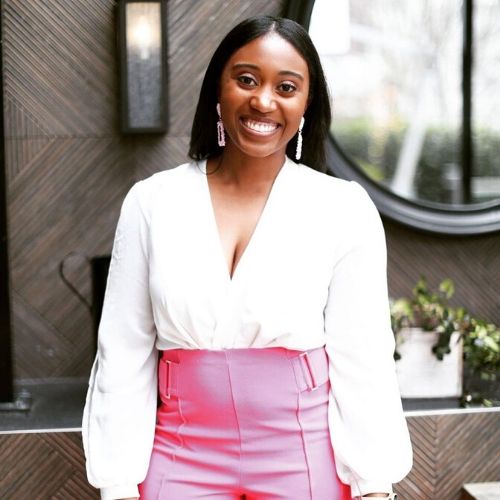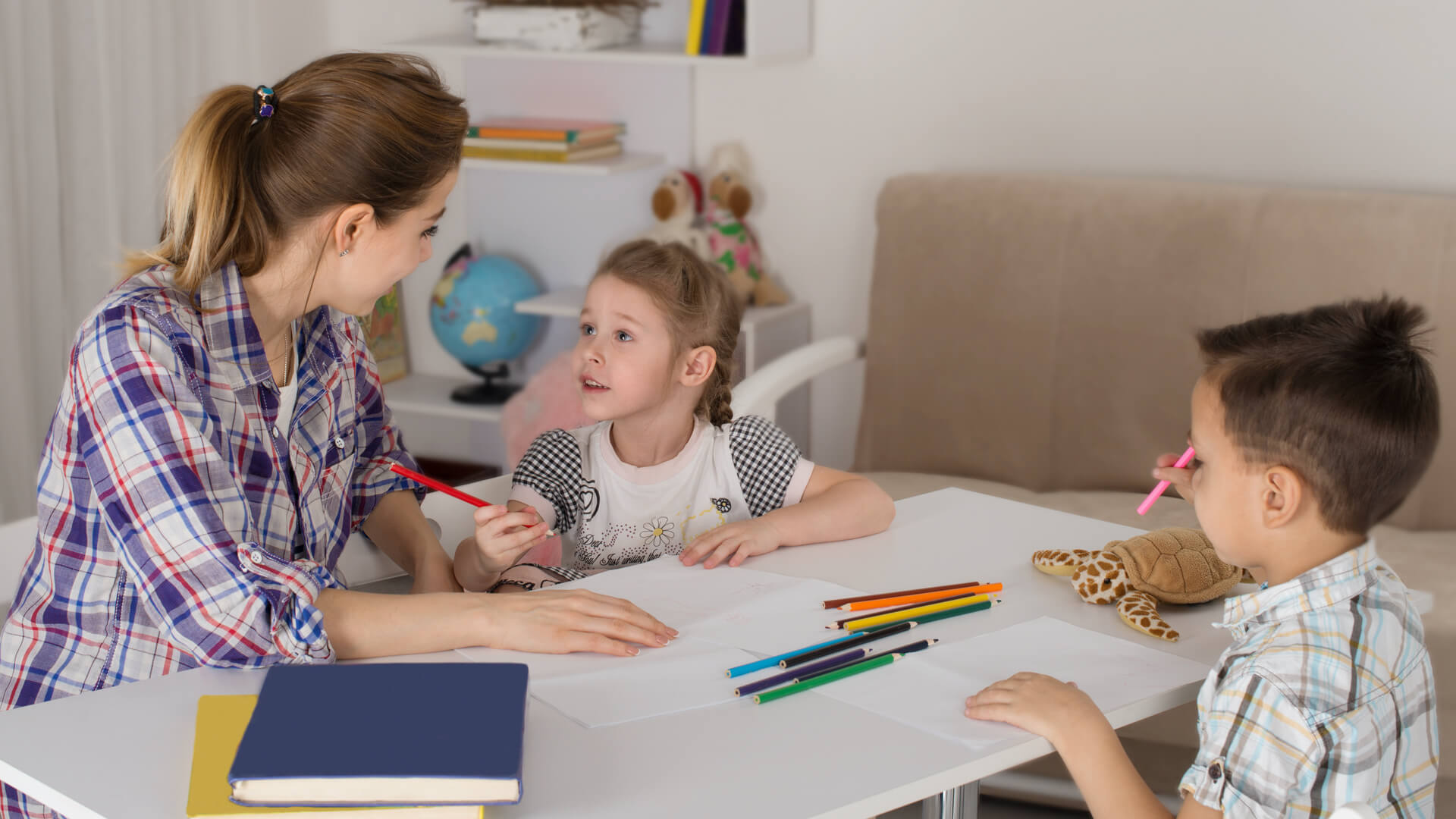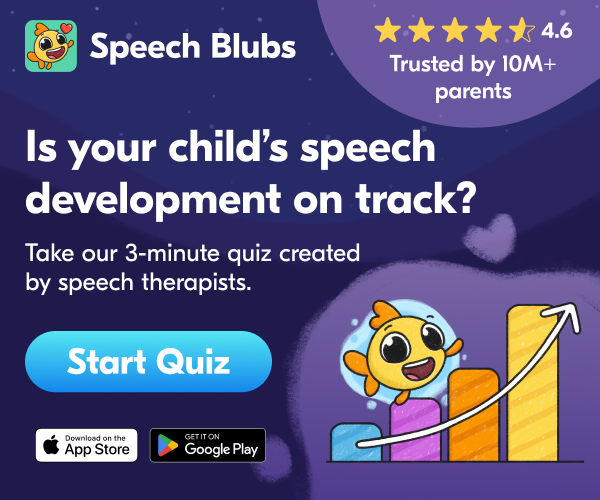What Types of Questions You Should Be Asking Your Child?
Speech Therapy Activities for Toddlers at Home
Kacy is an ASHA Certified Speech-Language Pathologist that helps parents and caregivers grow their child’s communication skills and confidence in the classroom. She has helped hundreds of parents understand communication development, why it is important, and how they can take an active role in growing their child’s communication skills at home. Speech Blubs thinks she makes the perfect partner in providing speech therapy at home.
What types of questions you should be asking your child
https://www.youtube.com/watch?v=jzR-3NfU1S8
In this episode, Kacy discusses which questions are the most important to ask your child, as well as how much you should ask these questions. Obviously, parents should be engaged with their children on their path towards confident speaking. Parental engagement starts with talking with your child. Asking questions is an integral way to model curiosity, initiating communication, as well as question forms.
Kacy says that “When it comes to the type of questions you should be asking your child, you want to make sure that your questions are open-ended. Open-ended questions are those questions that cannot be answered with a “yes” or “no.” For example, “What’s your name?” “Where did you go?””
Asking Open-ended Questions is Important
She goes on to say that asking your child open-ended questions is important for two reasons: “1. It encourages your child to use descriptive language . . . (HOWEVER!!) “Did you have a good day?” or “Did you have fun?” That’s not descriptive. It places a higher demand on your child to use more complex words and to expand their utterances.”
Most experts agree, and the Scholastic Parents Staff also recommend, “Ask open-ended questions. By doing so, you'll encourage children to express their ideas without having to worry about being right or wrong.”
Kids are Our Conversation Partners
Now, Kacy is quick to emphasize that this doesn’t mean parents should bombard their children with open-ended questions. In fact, she says, “We have to remember that when communicating with our children, we’re conversation partners. And in conversation, there should be a balance. You say something, then your child says something, and so on.” So, check out the video above to see and hear the whole conversation, and stay tuned for more input by Kacy, who is a part of our SLP network. Check out the blogs on our website about children’s language development, too.
 By Kacy Wickerson
By Kacy Wickerson

